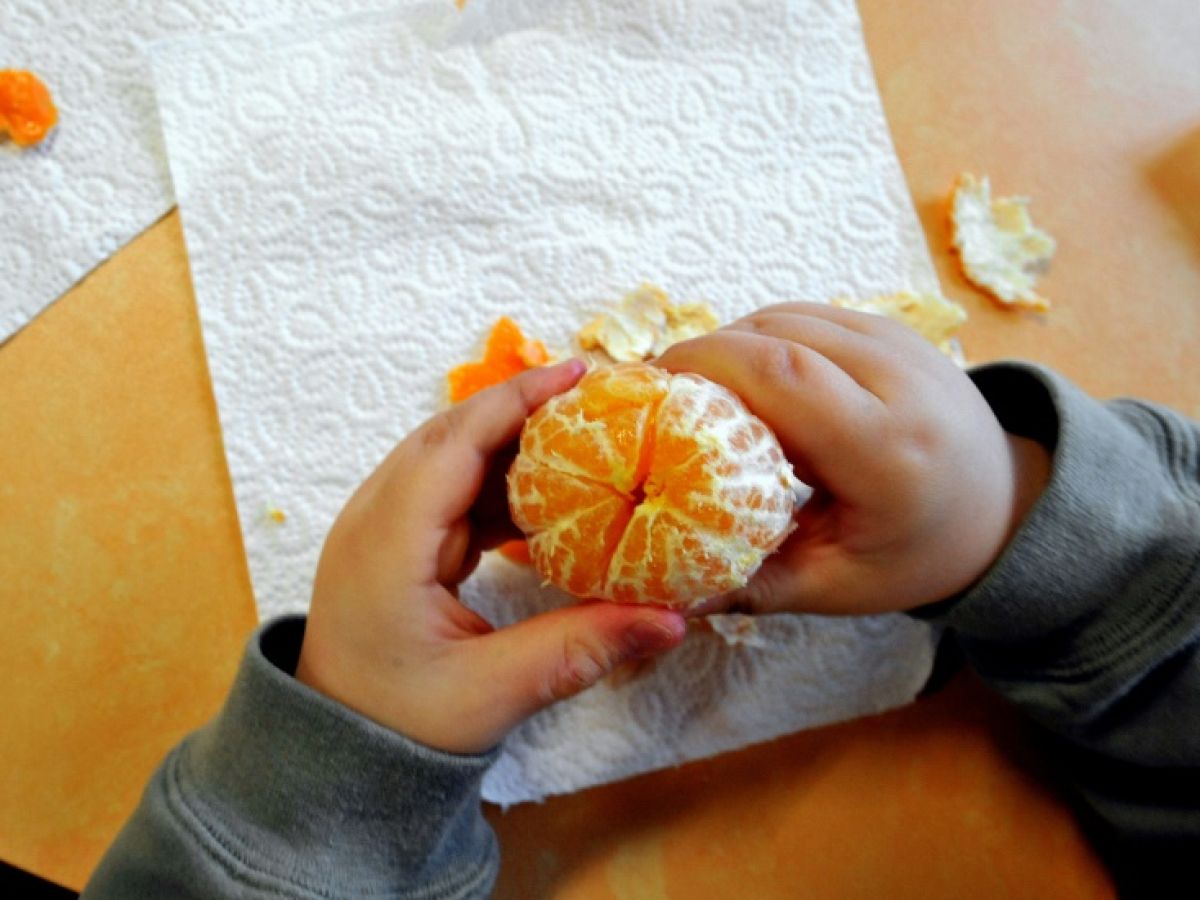A young child is no less likely to become obese if his or her parents have been made aware of the need for a balanced diet or a suitable lifestyle, concludes a large international study published Thursday, calling for more proactive public policies.
Programs targeting young parents "are not effective, which is surprising and discouraging," summarize the authors of this study published in the Lancet and involving numerous international researchers.
There is widespread consensus on the need to combat obesity from childhood onwards, as it continues to gain ground worldwide. A recent study, also published in the Lancet, warned that more than half of adults are likely to be obese or overweight by 2050, without ambitious public measures.
One of the avenues, actively pursued in many countries, is to launch awareness programs for young parents, sometimes starting during pregnancy.
The authors of the study published Thursday, supervised by German researcher Anna Lene Seider, compiled the results of 17 such programs in eight countries, all considered developed: Australia, the United States, Italy, Norway, New Zealand, the Netherlands, Sweden, the United Kingdom.
These programs varied in their operation and content: outdoor training sessions or home visits, emphasis on diet or lifestyles through awareness of physical activity or the risks linked to exposure to screens, etc.
But the results are poor: generally speaking, these programs had not made a difference by the time the children reached two years of age. Their body mass index (BMI) appeared similar to babies whose parents did not attend the awareness program.

By the researchers' own admission, this is a great disappointment, given that these programs have often been the result of in-depth consideration by public health specialists.
They see this as proof that the fight against obesity cannot solely address individual behavior, and cannot do without large-scale public policies: "improving access to healthy food, increasing green spaces and regulating advertising for unhealthy foods."
The authors admit, however, that it is too early to draw definitive conclusions from measurements taken on two-year-old babies. They plan to include tests on older children in future studies to gain more perspective.

